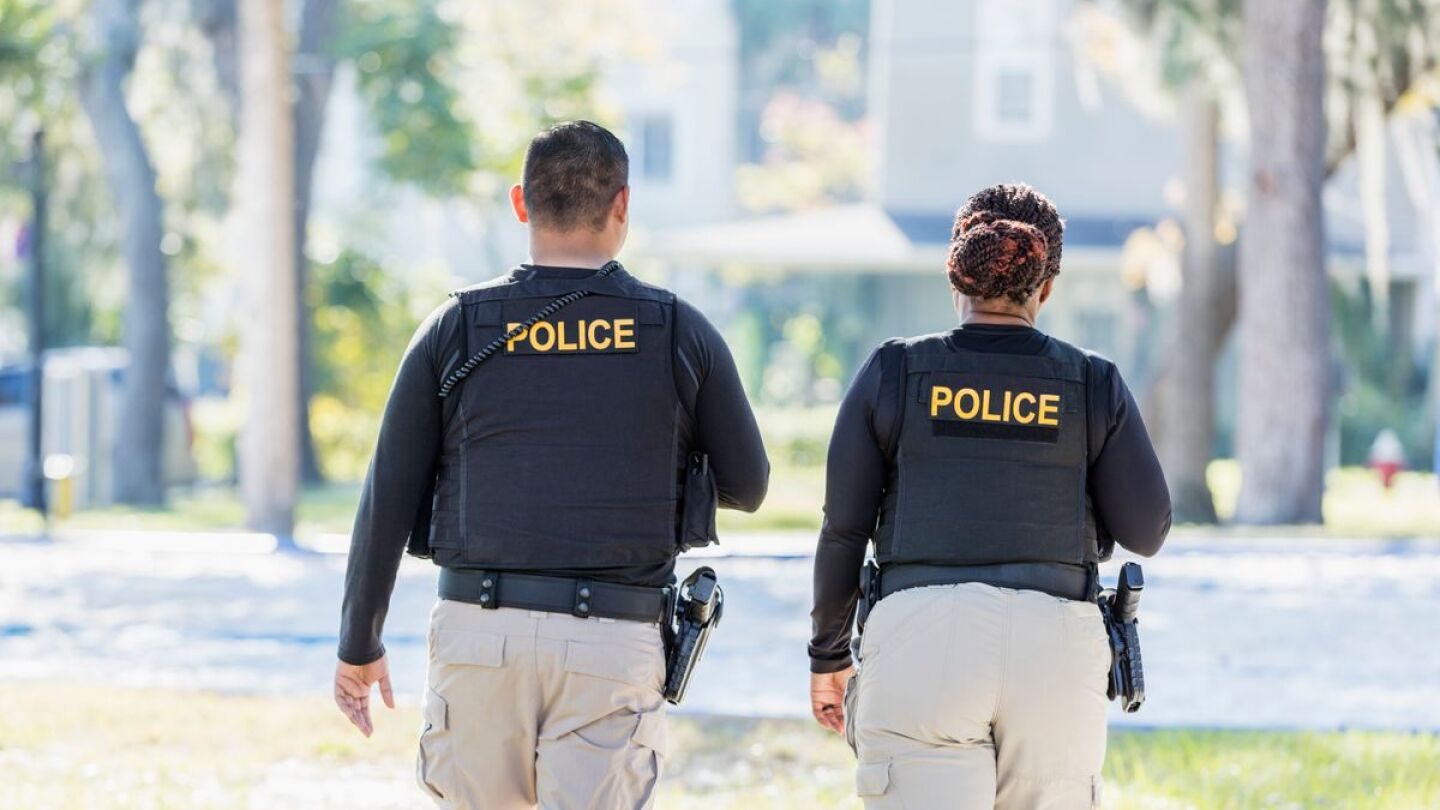Lexipol
Lexipol provides fully developed, state-specific law enforcement policies researched and written by subject matter experts and vetted by attorneys. Our policies are based on nationwide standards and best practices while also incorporating state and federal laws and regulations where appropriate. Best of all, we keep your policies updated for you, saving you time and money.
With Lexipol, you will enhance personnel accountability, reduce liability, save time and money on policy management AND rest easy knowing your department is protected.
New Gallup and Pew data show growing confidence in law enforcement across demographics, but lingering misconceptions still challenge community relations
The 9th Circuit upheld a warrantless search of a man on supervised release, emphasizing probable cause based on residence
The suspect posed “a clear and immediate threat” because he had just murdered two people, repeatedly fired at officers and abducted his infant son
Suspects can easily ambush an officer on foot
A recent case demonstrates the role of the private search doctrine in the new age of technology and the possibility of online searches
Does failure to collect DNA evidence change the outcome of a recent case or will eyewitness accounts be sufficient?
If your organizational culture creates risks for your agency, here are some change strategies
Effective policy development in public safety agencies requires understanding the leader’s relationship to policy
In some situations, we have time to make a formal plan
Can an officer follow search and seizure procedures during a wall stop? The court decides in this recent case
When is a TASER device discharge considered excessive force? A recent case with video evidence considers the question
This presentation features resiliency and leadership strategies from the front lines of law enforcement, clinical psychology and neuroscience. This webinar is intended for rookies all the way up to command staff.
In this webinar, learn about the legal process following a criticl incident—insight essential for both individual officers and the leaders guiding their personnel through such proceedings.
In this Q&A, we examine the opportunities peer support presents agencies, as well as best practices. There are pointers for existing teams and tips for setting one up from the ground level.
Learn about the five critical considerations for determining which shift regimen is best suited for your response area and team.
Strategies for recognizing, prioritizing and mobilizing solutions for the risks you face in your organization
Law enforcement is dangerous, but there’s more we could be doing to take care of officers; here are some thoughts on wellness for the coming year
A Monell claim against a police department was dismissed due to a lack of proven liability for the incident in question
Taking steps to build good habits means you’ll be in tip top shape to serve the public and have a longer, healthier life during your career and beyond
Plaintiffs bringing a Monell claim against a municipality or department face a challenge of satisfying all the elements of such a claim
Confidential sources can be key to preventing and solving crimes; here are six types of confidential sources in law enforcement
A total of $64.7M in funding is available through the 2022 CTAS grant program, with more than 100 awards anticipated
Performing a root cause analysis on a contemporary tragedy can provide insight into how to use the process within law enforcement
Employee and customer satisfaction in public safety agencies requires an understanding of organizational behavior
The 1st Circuit Court of Appeals determines the legality of a vehicle frisk done on an objective, and not subjective, basis
A recent case offers a look into the Federal Rules of Evidence, including the prior bad acts evidence rule
Don’t let your agency be caught in an ineffective loop of relearning lessons and repeating preventable mistakes
Strategies for recognizing, prioritizing and mobilizing solutions for the risks you face in your organization
Morale issues are costly in terms of both the workforce and the bottom line
Agencies from small to large faced the challenge of how to allow for the freedom of speech and protests, while maintaining the peace and protecting the rights of all involved
Acknowledging the oath means acceptance of tremendous responsibility
Focusing on the principles on which policing was founded can give officers important direction for facing today’s challenges
Any help we can get to naturally shift our mood into a more positive direction is something we can all get behind



























